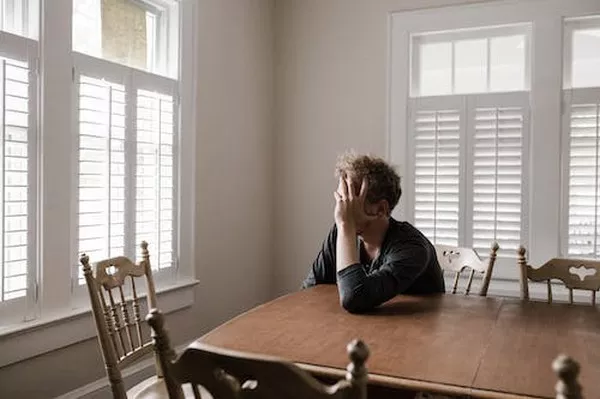The Royal Cornwall Hospitals Trust (RCHT) has seen a significant rise in staff absenteeism linked to stress and mental health concerns, new figures reveal. Over the past three years, more than 2,500 staff members have taken at least one day off due to mental health issues, with the figures increasing year-on-year.
Data obtained through a Freedom of Information request by a legal firm shows that 2,832 staff members at RCHT have been absent for mental health-related reasons since 2021. While the figures dipped slightly in 2022/23, they surged again in 2023/24, with the total number of staff taking sick leave rising from 918 in 2020/21 to 1,032 in 2023/24.
Stress has emerged as the leading cause of absenteeism at RCHT, which operates Treliske Hospital in Truro, West Cornwall Hospital in Penzance, and St Michael’s Hospital in Hayle. The strain of being overworked, coupled with understaffing, is a key factor contributing to the mental health crisis among NHS workers. Anxiety and depression have also been frequently cited as reasons for staff taking sick leave.
The number of absences attributed to stress increased from 372 in 2020/21 to 495 in 2023/24, with a dip to 422 in 2021/22. Depression-related absences also saw an uptick, rising from 75 cases in 2022/23 to 92 in 2023/24. Anxiety, while dropping from 246 cases in 2021/22 to 203 in 2023/24, remains a significant factor in staff sickness.
According to a recent poll by NHS Charities Together, three out of four NHS staff members reported experiencing poor mental health over the past year, with workload pressures and pay issues identified as key drivers of stress and anxiety.
RCHT has acknowledged the rise in mental health-related absences, attributing the increase to mounting pressures on the healthcare system and the impact of the Covid-19 pandemic. The trust stated that staff members have become more open about discussing their mental health, which may have led to an increase in reported cases.
A survey by the Royal College of Nursing (RCN) revealed that pay dissatisfaction is a major concern for nurses, with 88% of respondents indicating that a pay rise would significantly improve their situation. Other factors such as flexible working hours, increased holidays, and shorter shifts were also identified as key to improving nurses’ well-being.
The RCN has called for better pay, reduced workloads, and improved mental health support to create a more sustainable environment for healthcare workers. Ensuring that staff are well-supported is crucial to maintaining high standards of patient care while safeguarding staff mental health.
In response to these concerns, the new Labour government recently accepted recommendations from the NHS Pay Review Body (NHS PRB), agreeing to a 5.5% consolidated pay rise for NHS staff, effective from April 1, 2024.
A spokesperson for NHS Charities Together highlighted the growing pressure faced by NHS workers, stating, “Winter pressures” are felt year-round. A staggering 96% of NHS staff surveyed believe that pressure on services is increasing, and many struggle with their mental health due to long hours, heavy workloads, and exposure to traumatic events.
“These findings underscore the need to prioritise the mental well-being of NHS staff,” the spokesperson said. “Supporting staff is vital to ensuring they can continue to provide the best care for their patients.”
RCHT’s spokesperson reiterated the trust’s commitment to supporting staff through these challenging times, saying: “Like many employers, we have seen a rise in absenteeism due to stress and mental health issues. This reflects the pressures on our services, and for many, their home lives too. Since the pandemic, our staff have become more open about their mental well-being, which has contributed to the increase in reporting.”
As the NHS continues to face unprecedented challenges, the importance of prioritizing staff mental health has never been clearer. With more resources and support, the NHS hopes to create a sustainable workforce that can continue delivering essential care to patients across the UK.
Related topics:





























